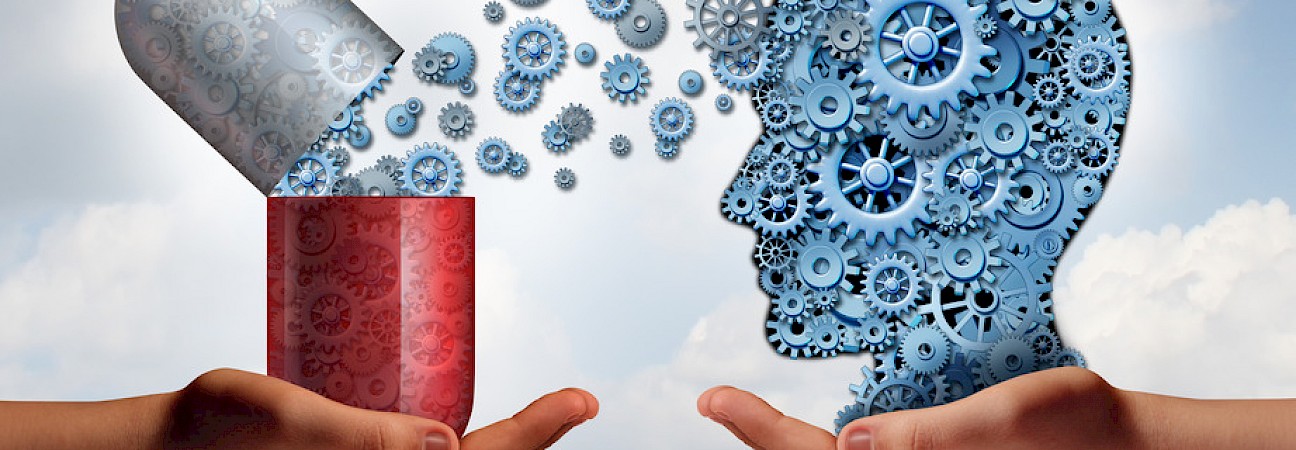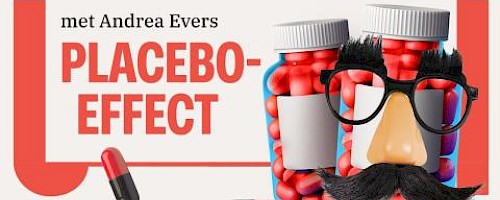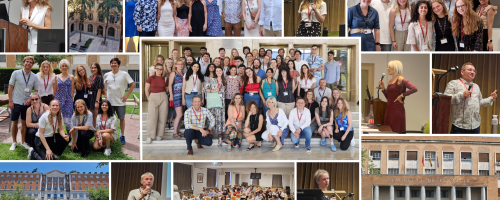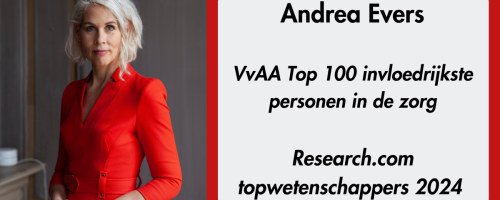The effects of many treatments are determined, to a significant degree, by factors other than the medicine or treatment itself. For example, placebo effects can be equal to the effect size of for example antidepressants or painkillers. Contributing factors are the trust placed in the doctor, the expectation someone has with the treatment, as well as previous experiences of treatments. All these elements can influence treatment outcomes. However, these insights are rarely considered in regular healthcare, despite the fact that this knowledge could be used to optimise treatments or reduce side effects of treatments. This topic studies the role of placebo and nocebo effects in the onset, experience, course, and recovery of somatic symptoms and conditions by means of innovative psychological and neurobiological methods and treatments.
Background
Increasing evidence demonstrates the neurobiological underpinnings and relevance of placebo effects for many conditions. For example, physical complaints, such as itch or pain, can be effectively altered by placebo effects, due to induction of expectations of a possible beneficial treatment outcome (e.g. “Pain already reduces when seeing the painkiller”). The same is true for nocebo effects which are induced by expectations of a possible unfavorable treatment outcome, such as risk or side effects. In addition, placebo mechanisms also play a role for immune functioning through pharmacological conditioning. Research on placebo effects can have a large impact for clinical practice, such as implications for the optimized doctor-patient communication and the prescription of adjusted medication dosages.
This topic focuses on the primary role of expectancies in placebo mechanisms and investigates related psychophysiological mechanisms to clarify 1) placebo and nocebo effects for physical symptoms, such as pain and itch, 2) the psychological and neurobiological mechanisms of placebo and nocebo effects, 3) their short-term and longer-term psychophysiological consequences, and 4) training of these expectancy mechanisms, for example by pharmacological conditioning or counterconditioning procedures in healthy subjects and patients.
For more information, click here




